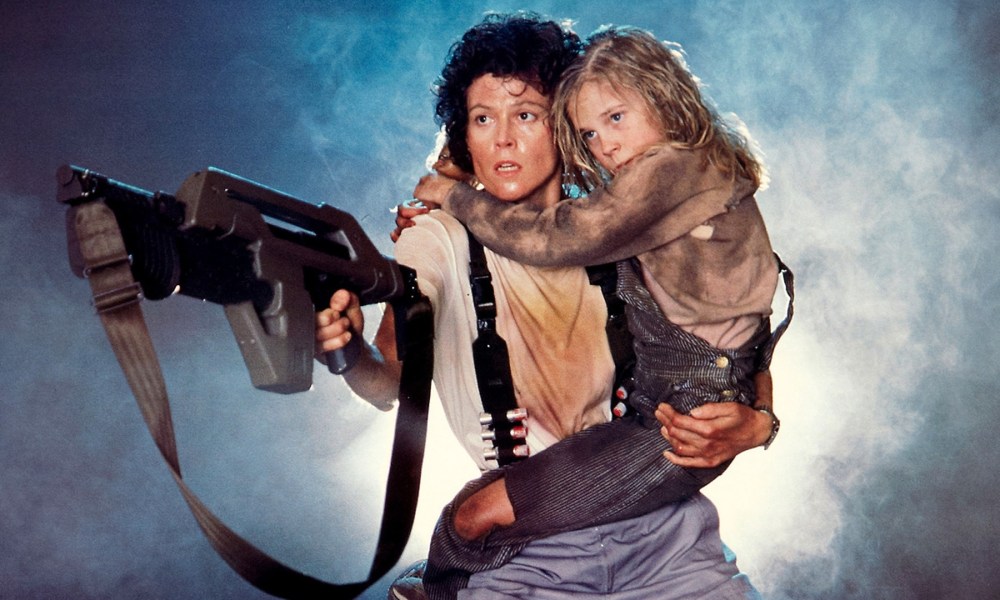Blog
Alien (1979) Retrospective Review
Director: Ridley Scott
Before Ridley Scott became perhaps the most solid chief available in the business, he revived the heartbeat of repulsiveness fans wherever with his breathtakingly refined leap forward, Alien, Layout. This isn’t to discount Scott as a jobbing movie producer – what perusers of Cahiers du Cinema and so forth would call a metteur en scène – rather, Scott’s proficiency in shooting contents to a cutoff time and conveying accomplishments of visual authority under spending plan places him in the uncommon camp of auteur sans self image, an issue solver above all else reinforced by an unparalleled eye for detail and a merciless hard working attitude.

Alien is distinctively material, a visual wonder with a liking for feasible particulars. In the initial minutes, the inside of the Nostromo inhales to existence with misleading straightforward light and audio effects that appear to grow the claustrophobic set to feeling each piece the spaceward city addressed by the outside little. We talk about setting as character, yet the Nostromo isn’t so much an embodiment of climate as much as a physical cross-segment.
I was adequately fortunate to get a re-arrival of the film for its 40th commemoration with the benevolent joint effort of the BFI Southbank in London. What’s generally striking with regards to the fresh reclamation is the way every inside detail is lifted into distinct help – the dividers sweat with steam and buildup, and wires and tubing spread through hallways like vessels. One of its calmer minutes follows the incomparable Harry Dean Stanton scrubbing down in the freight narrows, the roof from which it is by all accounts mysteriously pouring.
The film, obviously, is stacked with allusion; much has effectively been said with regards to its phallic preferences, the opposite infiltration, conflating utilization with food and sex. The group of seven Layout is pursued and eaten up through air vents that open and close like holes by an animal that is both naturally unreasonable yet irrefutably modern. There’s an excellent justification for why the last alarm comes when Sigourney Weaver’s Ripley botches the outsider for a harmless mass of her departure transport. Cooperating with craftsman H.R Giger and set decorator Ian Whittaker, Scott wraps watchers with a deadening anxiety toward substitution, becoming disposable for callous changes of machine and matter.
